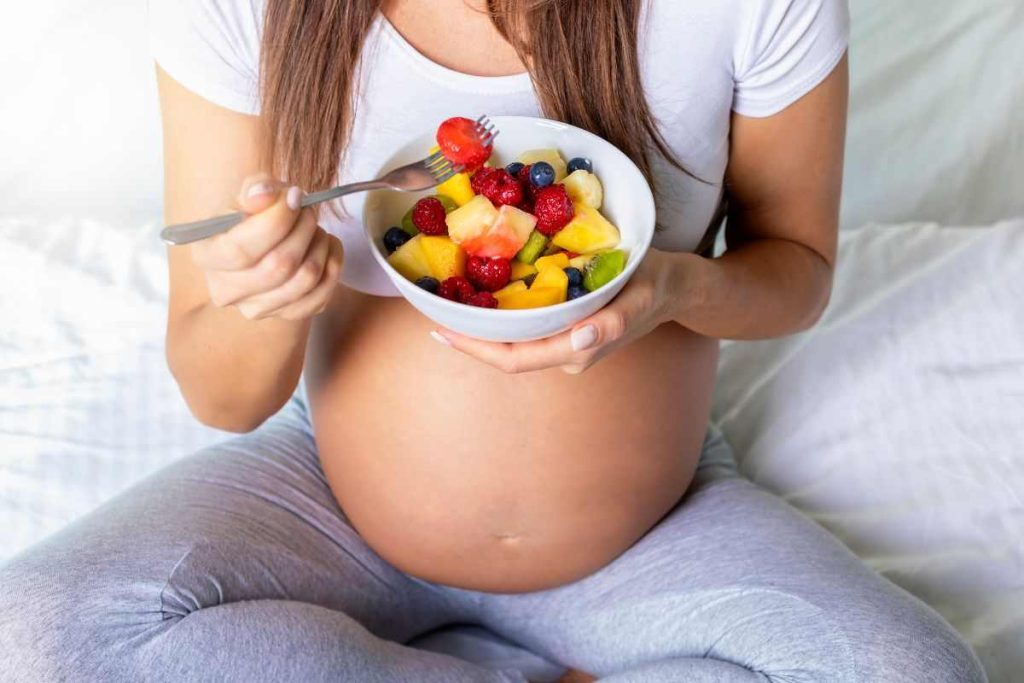Pregnancy is a magical yet complex journey, marked by profound physical and emotional changes. It’s a time when health and nutrition become more important than ever, guiding the well-being of both the expectant mother and her developing baby. While a balanced diet is crucial at all times, it’s particularly vital during the gestation period. Ensuring the intake of certain key nutrients can support the baby’s development and health, preventing potential complications.
The Role of Nutrition in Pregnancy
One of the essential nutrients during pregnancy is folic acid, known as vitamin B9. It plays a critical role in the formation of the neural tube, which becomes the baby’s brain and spinal cord. Adequate folic acid intake reduces the risk of neural tube defects, and healthcare providers often recommend a supplement even before conception.
But where can you find this important nutrient in foods? One fruit stands out as a powerhouse of folic acid and should be a staple in a pregnancy diet: the kiwi.
Why Kiwi is Essential During Pregnancy
Kiwi is more than just a delicious fruit; it is packed with nutrients that are beneficial during pregnancy. It is not only rich in vitamin B9 but also loaded with vitamin C, which aids in the absorption of iron—a critical nutrient that supports increased blood volume and the baby’s iron stores.
- A Nutrient-Dense Snack: Including kiwi as a regular snack or part of a fruit salad is a fantastic way to boost vitamin C and folic acid intake. Its refreshing taste and juicy texture make it a favored choice to enjoy during warmer seasons.
- Additional Nutritional Benefits: Besides folic acid and vitamin C, kiwis are also sources of magnesium, copper, vitamin E, and potassium, all of which contribute to the overall health of the mother and the baby.
Other Sources of Folic Acid
While kiwi holds its own as a nutritional gem, there are various other foods rich in folic acid that should find a place in a pregnancy diet:
- Green leafy vegetables such as broccoli, asparagus, lettuce, and spinach.
- Legumes, including peas and beans.
- Fresh fruits like citrus, avocados, bananas, and strawberries.
- Nuts and seeds, such as peanuts, almonds, and walnuts.
Incorporating a diverse range of these foods can help meet all nutritional needs during pregnancy, supporting both the mother’s and baby’s health.
Expecting mothers are encouraged to consult with their healthcare providers to tailor their dietary plans, ensuring that they receive adequate nutrition throughout the entire pregnancy journey. By focusing on wholesome, nutrient-dense foods, they can contribute to a healthy gestational period and lay the foundation for a healthy life for their little one.
